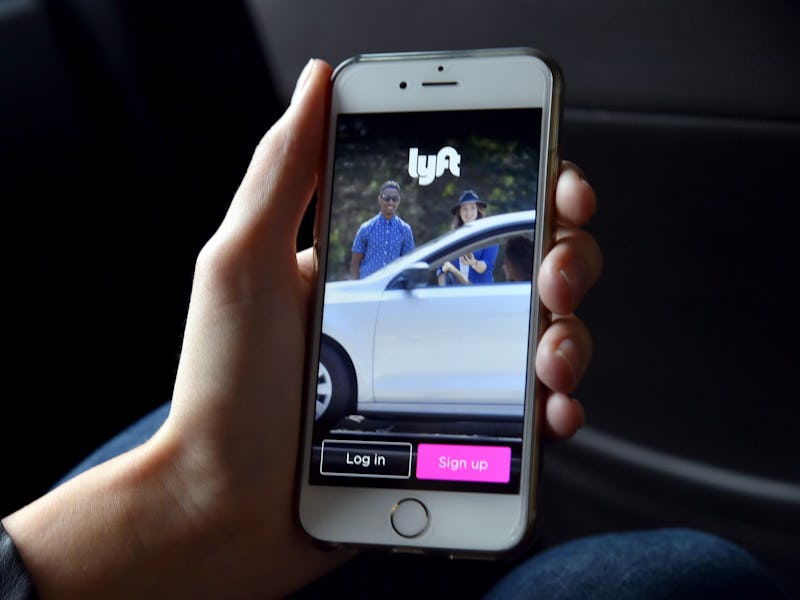You Can Now Call a Lyft Ride From Facebook Messenger
And lo, as all apps slowly become one, the singularity approaches.

On Monday, Lyft announced that you can now order a ride directly from the Facebook Messenger app, because why not, at this point.
Sure, it’s convenient, but it’s almost like app companies are severely concerned with an epidemic of strained thumbs and carpel tunnel syndrome, because all our apps are slowly merging into one another, creeping us ever closer to the one app to rule them all. Uber already had the option enabled, so once again Lyft is playing catch up behind the larger, more controversial ride sharing app.
The partnership is part of Lyft’s developer program, which gives applications like Slack the opportunity to design software that bridges the gap between online interactions (like Slack or Facebook messages) and links them with easy transportation. Lyft also wants to use its open API to link the app with other partnered ride sharing services like Didi in China and GrabTaxi and Ola in Southeast Asia and India.
Using the app through messenger is slightly more convenient thumb wise — after setting up your account, you can order rides with only about three keystrokes (not counting typing in a destination address). However, the app works through the messenger system, sending you prompts and options to cancel your ride via direct message, rather than opening up the actual external app, which is more streamlined. There also isn’t any option to change the type of vehicle (Lyft Line, regular Lyft, etc.) in the Messenger-specific version. Uber’s app works almost identically. So far, after a few tests, they appear to work fine, but if you’re already on your smartphone, pressing the home button and opening up the proper app that’s optimized for mobile use would be the logical choice. Still, the integration with Messenger could conceivably give users with less-powerful smartphones or operating systems access to ride sharing services if their phones don’t support the full app. Either way, we’re still waiting for ride sharing’s eventual integration with Tinder and other dating apps, when the “booty call” will cease being a “booty text” and just become a “booty in-app car service.”